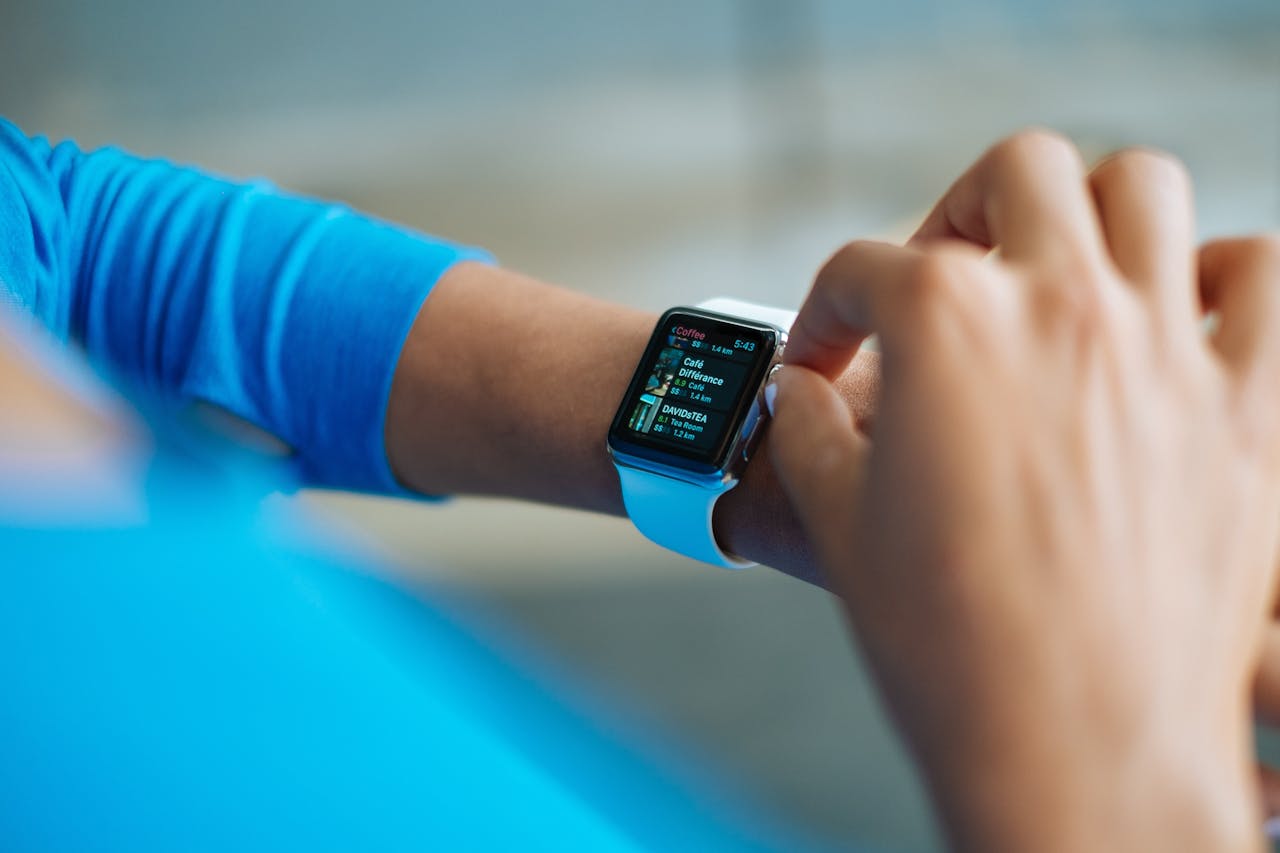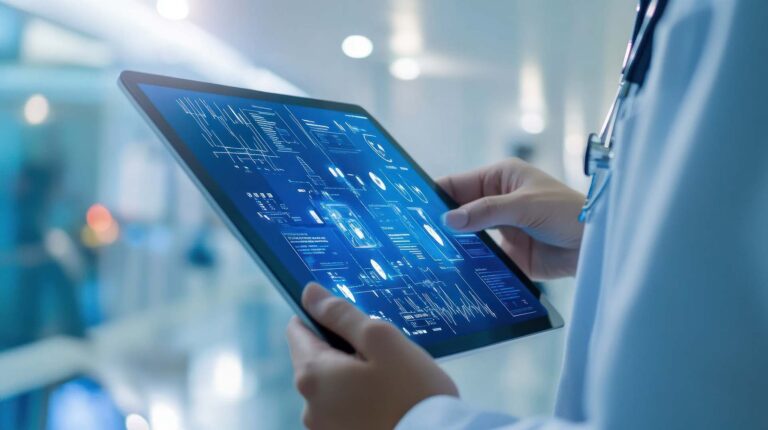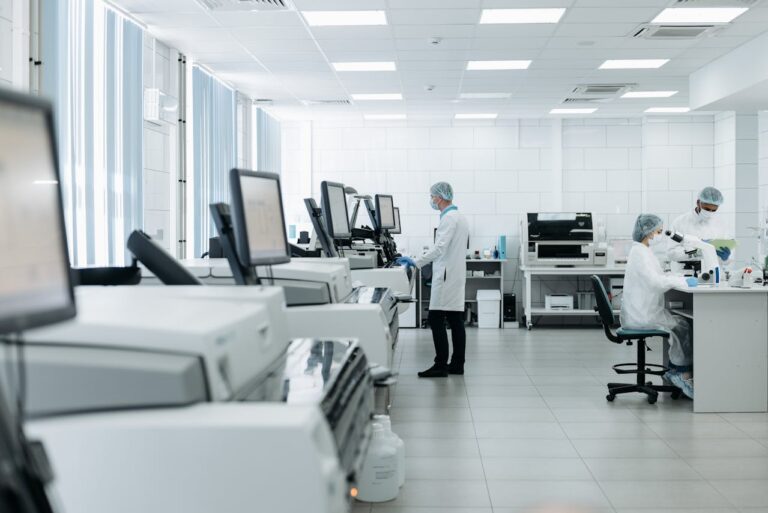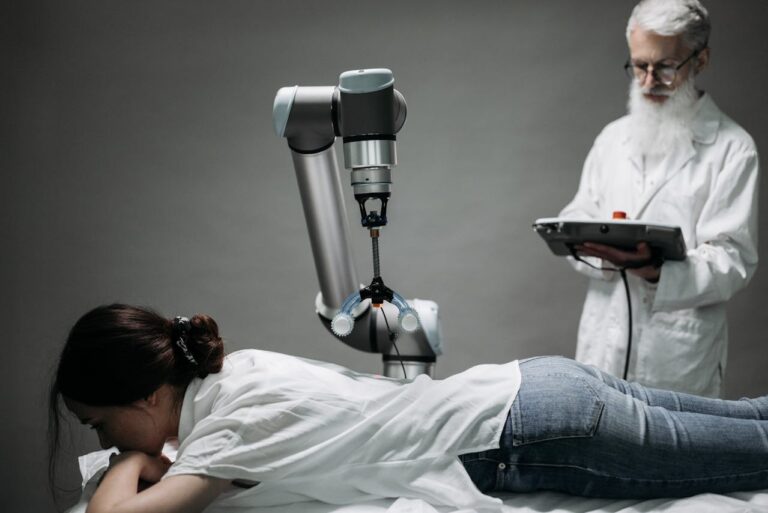Wearable health technology has rapidly evolved from basic step counters to sophisticated devices capable of monitoring vital signs, detecting health conditions, and even predicting potential medical issues before they arise. As innovation continues to shape the healthcare landscape, wearable devices are poised to play an even greater role in patient care, disease prevention, and medical research. Here’s a look at the key trends and predictions for the future of wearable health tech.
1. Advancements in AI-Powered Health Monitoring
Artificial Intelligence (AI) is revolutionizing wearable health technology by enhancing data analysis, improving diagnostic accuracy, and personalizing health insights. Future devices will leverage AI-driven algorithms to detect irregular heart rhythms, analyze sleep patterns, and even predict potential health risks before they become critical.
2. Continuous Glucose Monitoring for Diabetics
Wearable continuous glucose monitors (CGMs) are transforming diabetes management by offering real-time glucose readings without the need for constant finger pricking. As technology advances, these devices will become more accurate, affordable, and widely accessible, allowing for better control and prevention of diabetes-related complications.
3. Smart Wearables for Cardiovascular Health
Heart health wearables, such as ECG-enabled smartwatches, are already helping users detect atrial fibrillation and other heart-related conditions. In the future, these devices will likely offer even more sophisticated features, such as continuous blood pressure monitoring and early detection of heart disease risk factors.
4. Wearable Biosensors for Disease Detection
The next generation of wearables will include biosensors capable of detecting diseases and infections early. These sensors could monitor biomarkers in sweat, saliva, or tears, providing real-time insights into the body’s condition and alerting users to potential health threats such as viral infections or dehydration.
5. Integration with Telemedicine and Remote Patient Monitoring
Wearable technology will continue to integrate with telemedicine platforms, allowing healthcare providers to monitor patients remotely. This will be particularly beneficial for managing chronic diseases, post-surgery recovery, and elderly care, reducing hospital visits and improving patient outcomes.
6. Personalized and Predictive Healthcare
Future wearable devices will go beyond tracking current health metrics—they will predict health issues before they occur. By analyzing historical data and using machine learning models, these devices can alert users to potential health risks, helping them take proactive measures to prevent illness.
7. Expansion of Wearable Mental Health Trackers
Mental health-focused wearables are emerging to help users monitor stress levels, mood changes, and cognitive functions. Future developments may include devices that use brainwave activity to detect early signs of depression, anxiety, or neurodegenerative diseases like Alzheimer’s.
8. Energy-Efficient and Biodegradable Wearables
As sustainability becomes a priority, researchers are exploring energy-efficient and biodegradable materials for wearable devices. This could lead to eco-friendly wearables that minimize electronic waste and have longer battery life, reducing the environmental impact of disposable health tech gadgets.
Conclusion
The future of wearable health technology is bright, with advancements in AI, biosensors, and predictive healthcare poised to revolutionize how we monitor and manage our health. As these devices become more sophisticated, they will empower individuals to take greater control over their well-being, improve disease prevention, and transform the way healthcare is delivered. Companies in the medical technology space must stay ahead of these trends to bring innovative solutions to market and drive meaningful improvements in global health.
Are you developing a wearable health technology and need expert guidance on market entry, compliance, or distribution? Fair Winds Medical is here to help. Contact us today to navigate the complex healthcare landscape with confidence.





